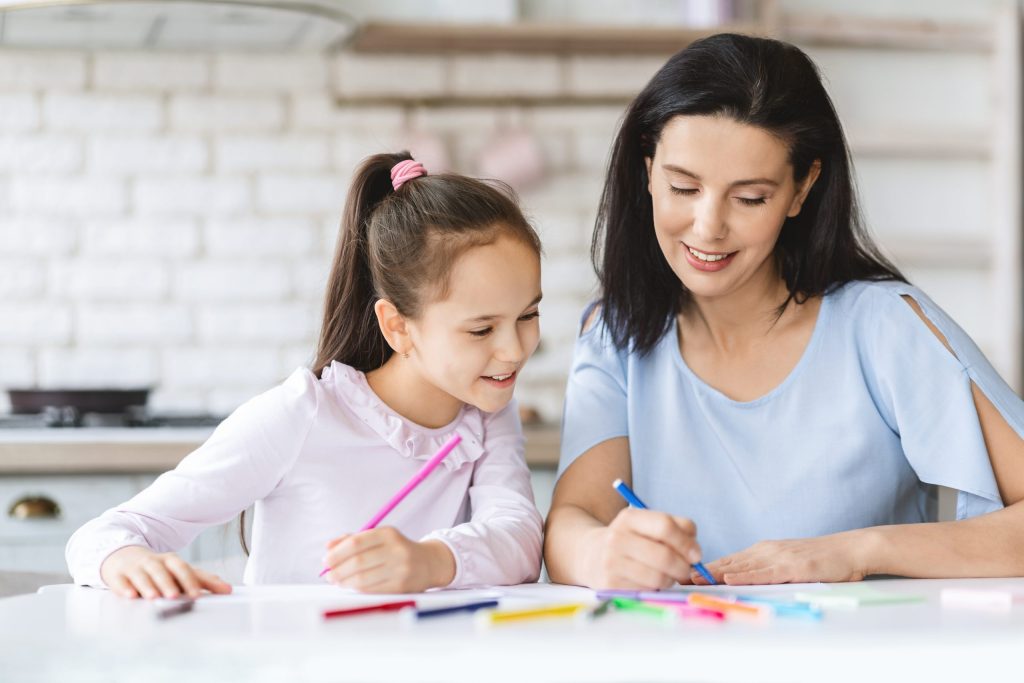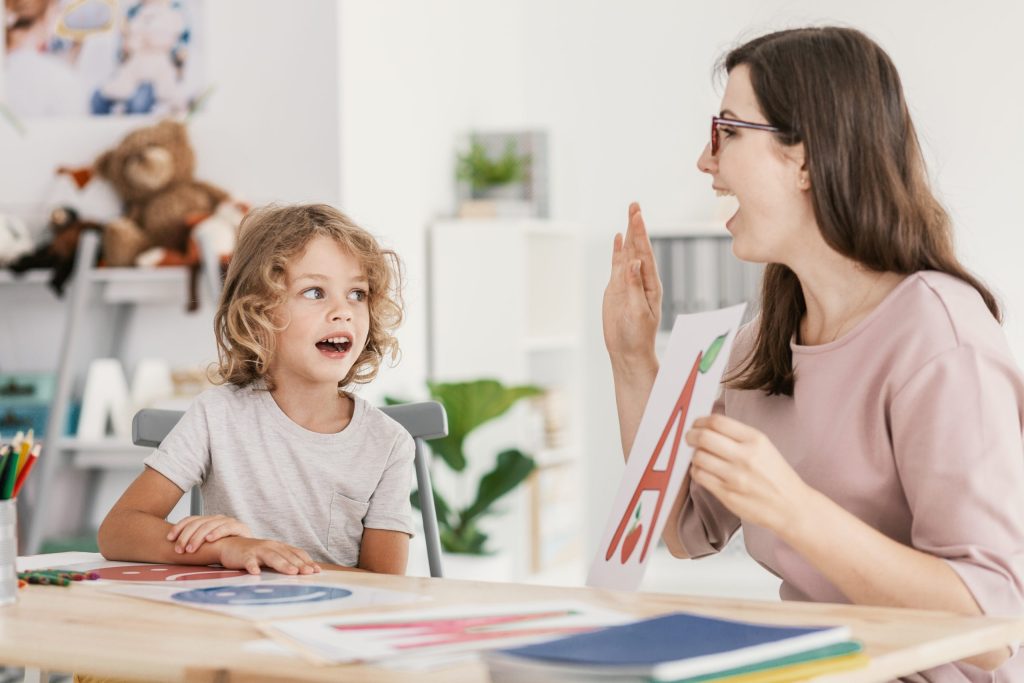Marking ADHD Awareness Month
30th September, 2022
This October marks ADHD Awareness Month, dedicated to promoting awareness and sharing resources around Attention Deficit Hyperactivity Disorder.
We believe information is power, and to mark this important month, we have collated advice and a series of resources to support you in recognising and handling ADHD in your family, network and beyond.
Take a look here at our recommended supplies for success to help you and your family manage ADHD, from shower clocks to noise cancelling headphones and SAD lamps.

ADDitude advice for the start of your ADHD journey
For families at the start of your ADHD journey, here are some of the standout tips from a brilliant series of webinars by ADDitude kindly recommended by Carol Rawlence:
• Don’t get locked into what ADHD ‘should’ look like – girls and women are often misdiagnosed. Symptoms also vary as children grow into teenagers – do your research and keep an open mind.
• Assemble a team from the moment you receive a diagnosis. Having your psychologist, therapist, tutors and school personnel all in communication will save time and energy and reduce stress, helping each individual build a full picture of your child. Teenagers, for example, might share more with a school counsellor than a parent – building a strong and well connected team can make sure your child is always receiving the right support for them.
• One size does not fit all: students deserve to ask for what they need. Some may need to meet many professionals, or start and discontinue different treatments. Finding what is right for your child can take a lot of effort and patience – it might be the 3rd or 4th professional you speak to that will change your life.

How we can support
Your child has so much potential and we are here to help you harness it:
1. Consultation and recommendations – Please call us! Regardless of where you are on your ADHD journey, we can help you design the best next steps. Our SEN Consultant, Kate, is on hand to help you turn a ‘hunch’ or a diagnosis into a set of practical steps to help your child.
2. Referrals – Our network of mental health and ADHD partners comprises some of the best practitioners in the UK. We can make referrals to build the network that your child and family needs to and thrive.
3. Supporting Education – We understand that traditional schooling doesn’t work for every child. For young people with ADHD, alternative educational support may be required. We create tailored programmes with tutors who specialise in adapting their teaching to special educational needs. Our shared goal is to keep your child feeling positive about their education journey.
If you would benefit from a consultation to identify the next steps in your journey, please get in touch.

Our Top Tips for Supporting Children and Teens with ADHD:
1. Create a system for managing electronics which helps them separate from technology. Putting a basket at the bottom of the stairs where all devices have to be placed and setting up charging stations helps to create clearly defined boundaries and ensure the whole family is able to get the sleep they need.
2. Find a defined space for work. Helping young people with ADHD to learn to work in a defined quiet place, and supporting them to break down the task ahead creates defined working patterns and ensures work gets done.
3. Help them understand estimated time and actual time. Talk about the differences and let them own their time blindness. Talk through which tasks they think should be prioritised, and the processes that work best.
4. Try a variety of tools, and ensure that they have access to everything they need before they sit down to work. Investing in stationary to help them write down information, such as index cards, legal pads and pens, A3 paper and colourful pens will all help your child find their learning style.
5. Introduce an executive skills tutor who can support them to build the skills they need, from organisation to revision and study skills.
We’d also recommend taking a look at Susan Young’s top tips for improving attention here.

What is ADHD?:
ADHD is a condition that affects people’s behaviour; people with ADHD may seem restless or have trouble concentrating. Symptoms tend to be noticed at an early age, with most cases diagnosed in children between 6 and 12 years old. Symptoms may also become more noticeable when a child’s circumstances change, such as when they start school.
If your child has been diagnosed with ADHD recently, we would recommend taking a look at some of the ADHD Foundation’s wonderful resources for parents. ADDitude are also running some great webinars this month on topics from time blindness to motivation – take a look and sign up here!